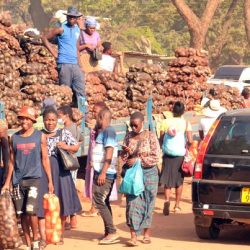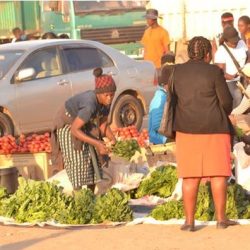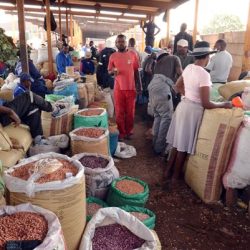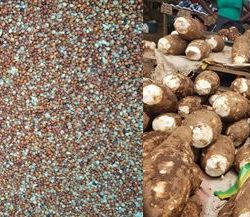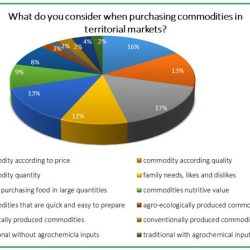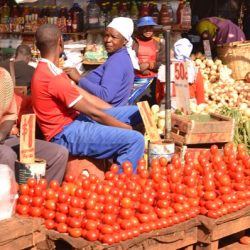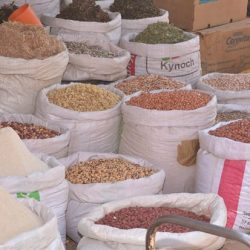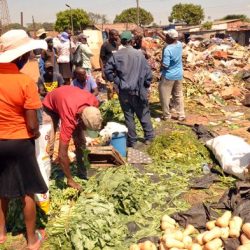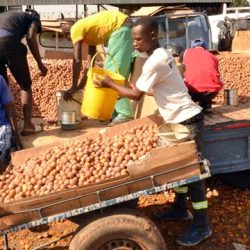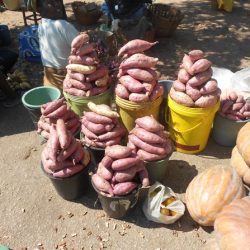Why African farming communities are fed up with African politics
Why African farming communities are fed up with African politics Partisan politics has made it difficult for African countries to unlock value from natural resources such as land, water and favorable climate. Otherwise farming communities would be living fulfilling lives than urban dwellers. In spite of resources being spent sending children to school, African politics Read more about Why African farming communities are fed up with African politics[…]

